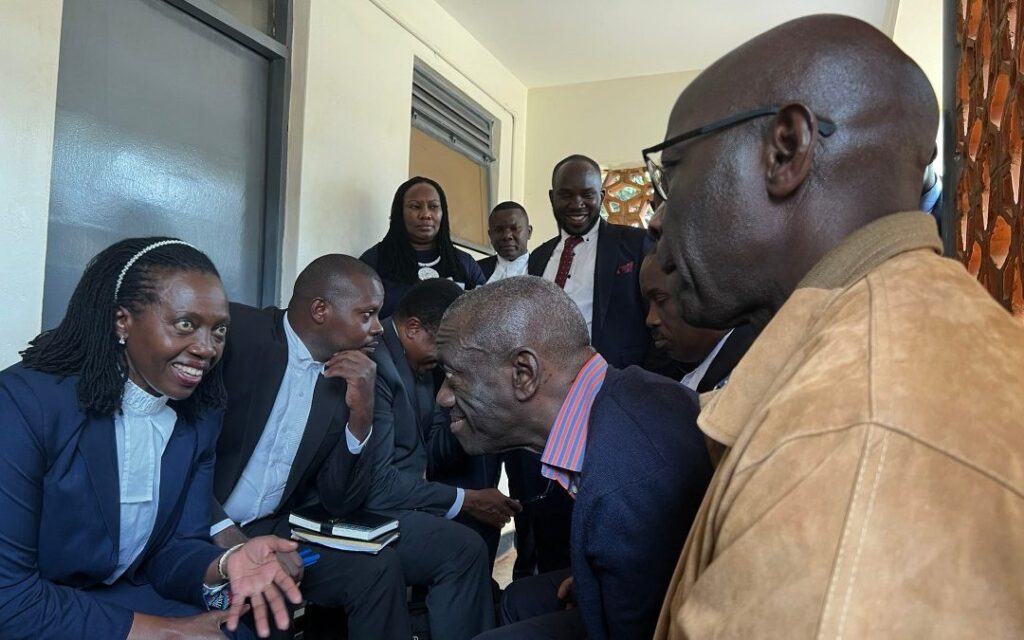Martha Karua, representing Ugandan opposition leader Kizza Besigye, has strongly opposed the Attorney General’s (AG) request for additional time to file a response in the ongoing case regarding Besigye’s deportation. The case, which has attracted significant attention, concerns the unlawful abduction and forced deportation of Besigye and Hajj Obeid Lutale from Kenya to Uganda.
On September 29, 2025, the Nairobi High Court declined to grant the AG 21 days to file responses, as requested by the AG’s counsel, and instead gave them just 14 days. The AG had argued that the matter involved several respondent offices and that efforts to coordinate a joint response had been hampered by unanswered correspondence. Counsel Marwa, representing the AG, asked the court to extend the deadline to 21 days to ensure a thorough reply.
However, Karua, a senior counsel in the case, countered this request. She pointed out that the AG had been served with the petition on July 28, 2025, and questioned the delay in responding. She emphasized that two months had passed without any formal appearance from the AG’s office, making the request for further time unacceptable. Karua also suggested that if the court was inclined to grant additional time, it should issue a stern warning to the State Law Office for failing to act promptly.
Karua stressed the urgency of the case, highlighting its broader implications on both national security and the rights of individuals crossing borders between Kenya and Uganda. The petition alleges that Besigye and Lutale were abducted in Kenya under the guise of a police operation, transferred to Uganda under dubious circumstances, and detained without access to legal counsel, family, or medical assistance.
The case also raises serious concerns about the violations of international law, with the Ugandan government asserting that the deportation occurred in coordination with Kenyan officials. The petitioners, who have since faced charges in Uganda related to firearms possession, argue that their treatment was unlawful both under Kenyan and international law. The case is seen as crucial not only for the individuals involved but also for broader issues surrounding the rights of individuals and state sovereignty in the region.

